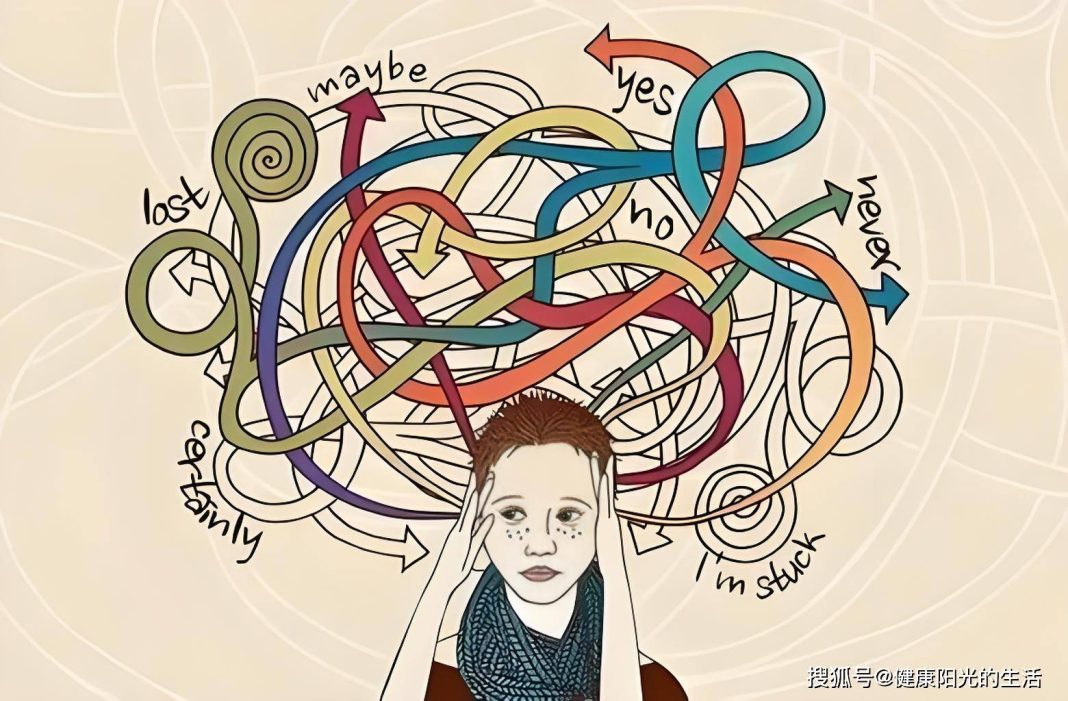Obsessive-Compulsive Disorder (OCD) is a serious mental illness that, if left untreated, may have long-lasting and profound effects on the patient’s quality of life, mental health, and physical health. The following are some potential consequences:
1. Increased psychological stress
Untreated OCD can lead to patients being in a state of high anxiety and tension. The repetitive obsessions and compulsions can consume a significant amount of time and energy, making it difficult for patients to focus on daily tasks, thus increasing psychological burden.
2. Impairment of function
OCD patients may struggle in their learning, work, and social activities due to the interference caused by obsessions and compulsions. For example, students may find it challenging to complete their studies, professionals may struggle in their work, and may even lose job opportunities.
3. Interpersonal relationship issues
The symptoms of OCD may strain the relationships between patients and their family, friends, and colleagues. Due to odd behaviors and emotional fluctuations, patients may trigger misunderstandings and conflicts, gradually isolating themselves and losing social support.
4. Development of other mental illnesses
Untreated OCD for a long period may lead to the development of other mental illnesses such as depression, anxiety disorders, social phobia, etc. The enduring presence and worsening of OCD can lead patients into more complex psychological challenges, increasing the difficulty of treatment.
5. Self-harm and suicide risk
OCD patients in extreme situations may feel hopeless and helpless due to uncontrollable obsessions and compulsions, increasing the risk of self-harm and suicide. Therefore, timely identification and treatment of OCD are crucial for preventing self-harming behaviors.
6. Physical health issues
Long-term psychological stress and anxiety can negatively impact the physical health of patients, leading to problems like cardiovascular issues, digestive system problems, weakened immune function, etc. Additionally, OCD patients may experience skin damage or infections due to compulsive behaviors like repetitive handwashing.
7. Decreased quality of life
Untreated OCD significantly affects the patient’s quality of life. Patients may struggle to enjoy normal life pleasures, find it difficult to engage in social activities and pursue personal interests, resulting in decreased life satisfaction and a sense of happiness.
The Importance of Timely Treatment
OCD is a treatable condition through professional interventions. Common treatment methods include Cognitive-Behavioral Therapy (CBT), medication, Exposure and Response Prevention (ERP), etc. With timely professional treatment, OCD patients can reduce symptoms, restore normal life functions, and improve quality of life.
If you or your family members are struggling with OCD, it is recommended to seek help from a professional psychologist or psychiatrist as early as possible. Through scientific treatment and support from family and society, OCD can be effectively managed and improved.


